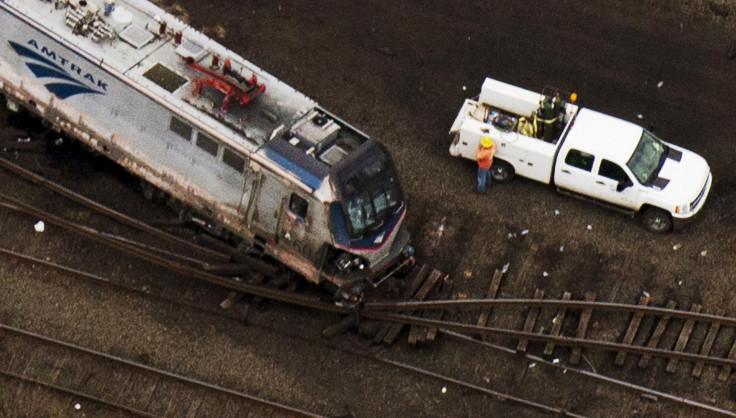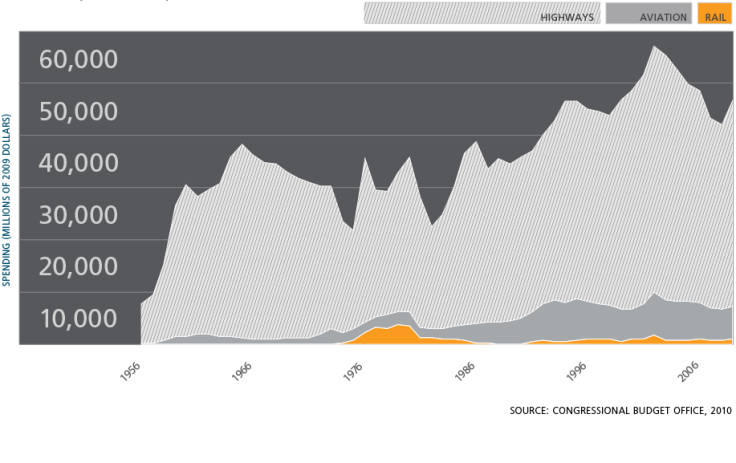Amtrak Funding: House Republicans Help Shut Down Proposal To Slash Grants To Publicly Funded Rail System Used By ‘Mooching’ Riders

The House of Representatives struck down on Thursday a conservative Alabama Republican’s effort to slash Amtrak’s budget a month after a fatal train derailment in Philadelphia that could have been averted with existing technology. The annual appropriations measure for the Department of Transportation already includes a $700 million cut, to $1.13 billion from the current $1.4 billion.
Rep. Mo Brooks, R-Ala., proposed two amendments that would have cut $1.14 billion out of Amtrak’s five-year financial plan. One amendment would have eliminated $288.5 million in Amtrak operating grants, while the other would have erased $850 million in capital and debt-serving grants.

Essentially, Brooks sought to cut all federal subsidies in a bid to force Amtrak's privatization, calling on lawmakers to have the “courage to wean Amtrak from the taxpayer nipple” and compel Amtrak users to stop “mooching off of Americans,” The Hill reported on Thursday. But many Republicans weren’t impressed.
The amendment to cut Amtrak’s operating grants was struck down in a 143-283 vote that included 99 Republicans opposing Brooks’ proposal. The other amendment was rejected in a 139-286 vote with 101 Republicans opposing the amendment.
“The funding cuts proposed in this amendment would simply force to shut down, strand millions of rail passengers, disrupt commuter operations, add to our already congested roads and airports, eliminate over 20,000 jobs nationwide and jeopardize local economies and businesses that depend on Amtrak service,” said Rep. Corrine Brown, D-Fla., during the debate.
Supporters of rail transport, which is heavily utilized by millions of daily commuters in the crowded Northeast corridor between Washington D.C. and Boston, lambasted Republican efforts to cut Amtrak funds in the wake of the May 13 Amtrak Northeast Regional train derailment that killed 8 people and injured more than 200.
The accident was caused by excessive speed that could have been averted with automatic speed control technology that the U.S. has been slow to implement due to an unwillingness by lawmakers to appropriate necessary funding.
© Copyright IBTimes 2025. All rights reserved.






















